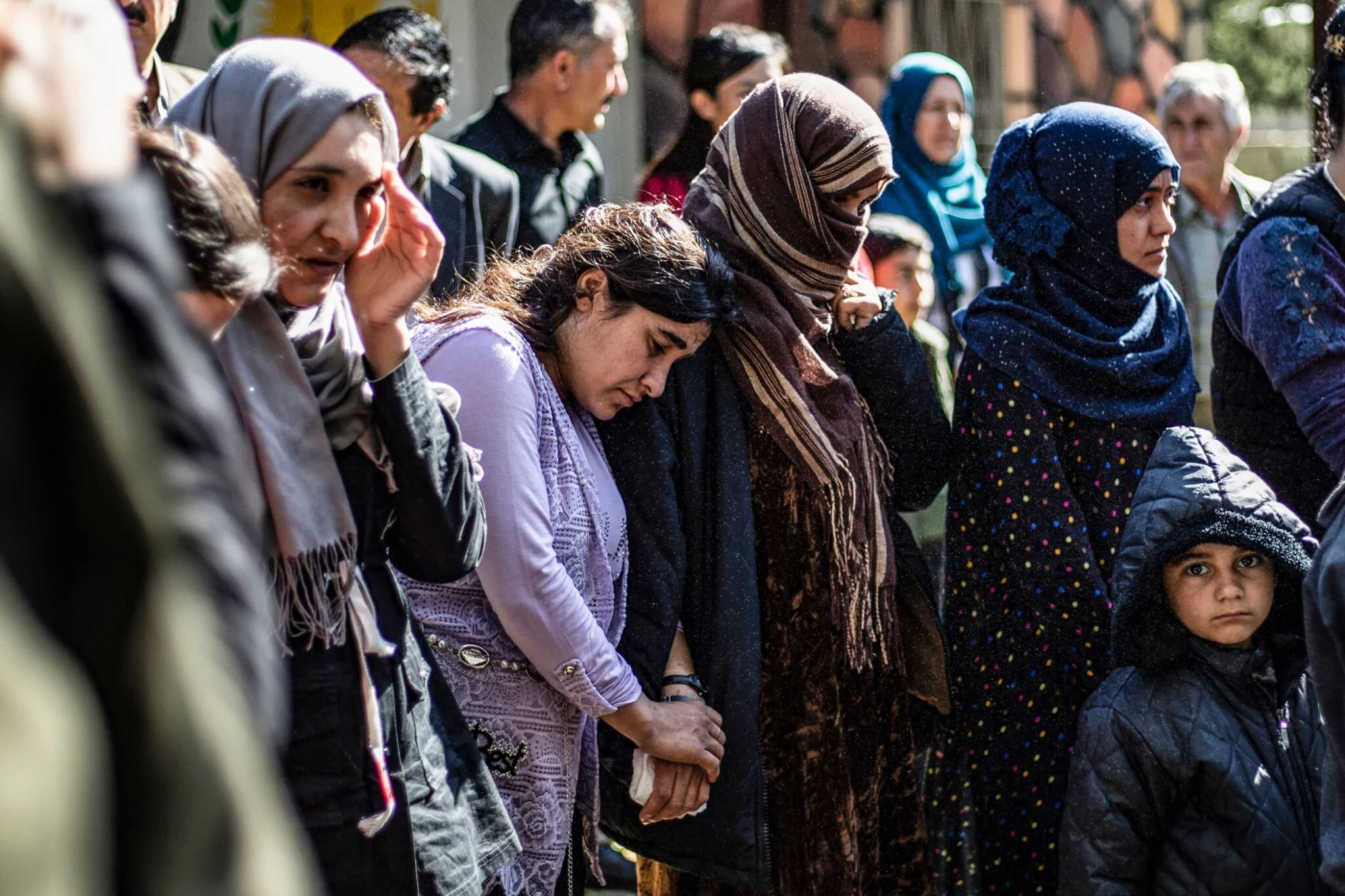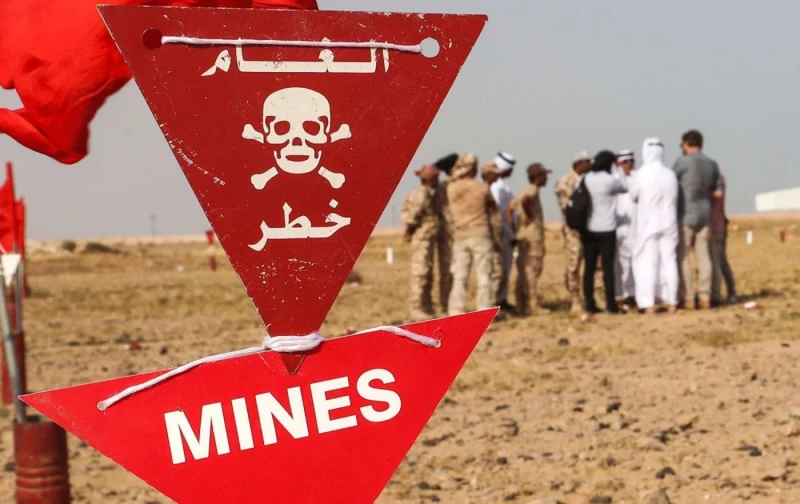ERBIL, Kurdistan Region of Iraq – The Kurdistan Region and Iraq’s top leaders on Sunday commemorated the 11th anniversary of the Genocide of the Yazidi people at the hands of the Islamic State (ISIS), reiterating commitment to continue efforts to return displaced and abducted Yazidis and restore Sinjar’s stability and security.
On August 3, 2014, ISIS militants seized control of the Yazidi heartland of Sinjar, launching a brutal campaign of killings, abductions, genocidal rape, and forced conversions of members of the ethnoreligious minority group.
Kurdistan Region Prime Minister Masrour Barzani commemorated the victims of the genocide, describing the massacre as “a deep and unhealed wound in the history of the Kurdish people and all of humanity.”
The Kurdish premier stressed that the Kurdistan Regional Government (KRG) continues efforts to uncover the fate of the missing Yazidis and return all abductees, and emphasized Erbil’s commitment to provide support and assistance to the displaced survivors who have not been able to return to their homes due to the situation in Sinjar and its surroundings.
Prime Minister Barzani reiterated that the Iraqi federal government “must fulfill its duties and responsibilities” by compensating members of the Yazidi community, and help pave the way for their return to Sinjar through the implementation of the Sinjar agreement.
In October 2020, Erbil and Baghdad signed the Sinjar Agreement, aimed at normalizing the situation in the Yazidi heartland.
The agreement outlined that the federal government would oversee security operations in Sinjar in collaboration with the KRG, while Nineveh's local administration would manage public services. It further mandated the removal of the Kurdistan Workers’ Party (PKK) elements and other armed factions from the district, transferring control to the federal army and police. However, nearly five years since its ratification, the agreement has yet to be implemented.
Kurdistan Democratic Party (KDP) leader and Former Kurdistan Region President Masoud Barzani said that the ISIS atrocities against the Yazidi community “surpassed all boundaries of cruelty and savagery, and caused a pain that will never be erased from our memory.”
“On the eleventh anniversary of the Sinjar catastrophe, we salute the souls of the martyrs and victims of that crime and all crimes and genocides that have befallen the people of Kurdistan,” he wrote, stating that Baghdad must compensate the victims of the genocide.
Kurdistan Region President Nechirvan Barzani also marked the anniversary, expressing “deep regret” that members of the Yazidi community continue to live under difficult circumstances in IDP camps and are unable to return to their original places of residence due to the presence of armed groups 11 years after the genocide.
He stressed that the Iraqi federal government must fulfill its duty to compensate the Yazidis, and restore security and stability to Sinjar and normalize the situation in the Yazidi heartland. The Kurdish leader also called for Sinjar’s accession to provincial status.
“We are committed to providing all support to our Yazidi citizens and, despite all the suffering of the past, we look to the future with hope and will work together to heal their wounds,” wrote the Kurdistan Region president, vowing to continue work until every last abducted Yazidi is returned.
Iraqi President Abdul Latif Rashid commemorated the 11th anniversary of the Yazidi Genocide, describing it as “one of the most heinous acts of racist terrorism in modern times, targeting a deeply rooted, authentic Iraqi community.”
Rashid stressed the need to ensure the return of displaced Yazidis to their cities and homes, uncover the fate of the abductees, and strengthen security and stability in Sinjar.
The Iraqi foreign ministry in a statement renewed condemnation of the crimes committed against the Yazidi community at the hands of ISIS, expressing “deep solidarity” with the victims and their families and emphasizing the importance of international recognition of the atrocities as genocide.
“The Ministry also affirms its commitment to continue working to achieve justice, secure international recognition of the genocide, and move forward in the path of recovery and reparation for those affected by those heinous crimes committed against the sons and daughters of our beloved country,” read the ministry statement.
More than 5,000 Yazidis were killed in the ISIS campaign, and over 6,000 others, mostly women and children, were abducted and sold into sexual slavery. Thousands of abducted Yazidis still remain missing.



 Facebook
Facebook
 LinkedIn
LinkedIn
 Telegram
Telegram
 X
X


